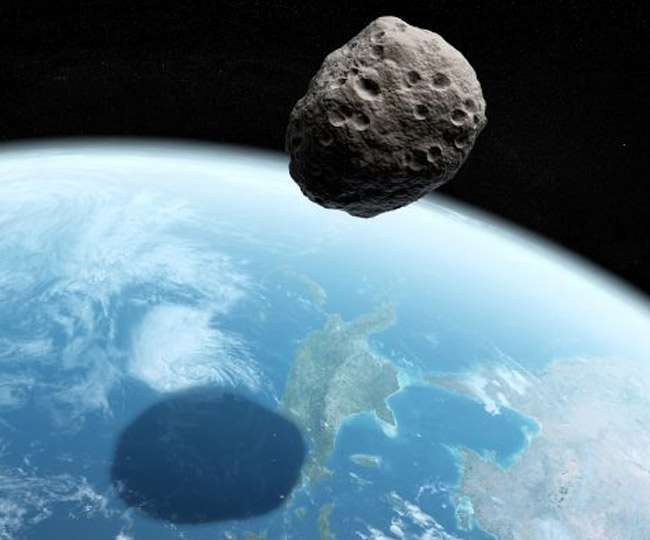- By Mallika Mehzabeen
- Fri, 13 Aug 2021 08:36 PM (IST)
- Source:JND
New Delhi | Jagran Trending Desk: In what could wipe out all life from Earth, National Aeronautics and Space Administration (NASA) scientists have found out that asteroid Bennu, which is as big as the Empire State Building in New York, has a greater chance of hitting the planet. However, the good news is that the space rock will unlikely hit the planet in the next 100 years.
According to a fresh study conducted by some NASA scientists, Beenu's chances of striking Earth have increased from 1-in-2,700 to 1-in-1,750 over the next century or two. The study also helped the scientists to understand Bennu's path, thanks to NASA’s Osiris-Rex spacecraft.
"We shouldn’t be worried about it too much," said Davide Farnocchia, a scientist with NASA's Center for Near-Earth Object Studies at the Jet Propulsion Laboratory in California's Pasadena, as reported by The Associated Press.
"So I think that overall, the situation has improved," he added.
NASA spacecraft OSIRIS-REx has spent nearly two years near Bennu and found that the asteroid is up to 1650 feet and 500 meters wide. However, the spacecraft is on its way back to Earth after it had collected the samples from the large, revolving rubble pile of an asteroid. The samples will reach Earth by 2023.
Bennu was discovered in the year 1999. It is believed that it will reach close to Earth in September 2135 and has a higher chance of colliding with the Earth. NASA scientists are working to figure out how Earth's gravity and a phenomenon known as the Yarkovsky effect will affect its future collisions.

